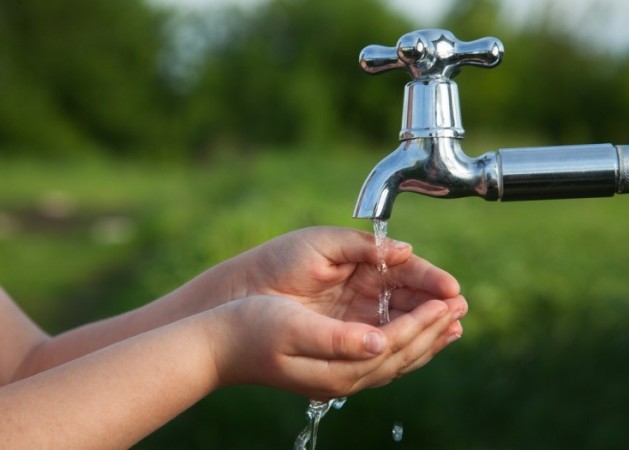
Water is essential for life, but it can also be a carrier of dangerous diseases. In many parts of the world, access to clean and safe drinking water is limited, leading to the spread of water-borne diseases. These diseases can have serious consequences if not treated promptly. In this article, we will discuss five water-borne diseases that have the potential to be fatal if not treated quickly. We'll also explore the symptoms to watch out for and when it's crucial to seek medical attention. Water-borne diseases are caused by microorganisms that thrive in contaminated water sources. Consuming or coming into contact with this contaminated water can lead to infections and illnesses that can become life-threatening if left untreated.
Cholera is caused by the bacterium Vibrio cholerae. It spreads through contaminated water and food, causing severe diarrhea and vomiting. The rapid loss of fluids can lead to dehydration and electrolyte imbalances, which can be fatal within hours if not treated with rehydration therapy.
Typhoid fever is caused by the bacterium Salmonella Typhi. It spreads through contaminated water and food, leading to high fever, weakness, stomach pain, and headache. If left untreated, it can lead to intestinal perforation and severe complications.
Hepatitis A is a viral infection that affects the liver. It spreads through contaminated water and food or close contact with an infected person. Symptoms include jaundice, fatigue, and abdominal pain. Severe cases can lead to liver failure, which can be fatal.
Cryptosporidiosis is caused by the parasite Cryptosporidium. It is highly contagious and can survive in chlorinated water. Symptoms include watery diarrhea and stomach cramps. In individuals with weakened immune systems, it can lead to severe illness and even death.
Leptospirosis is caused by the Leptospira bacteria and is often spread through water contaminated by the urine of infected animals, particularly rats. Initial symptoms may resemble the flu, but it can progress to liver and kidney failure if untreated.
If you experience symptoms such as severe diarrhea, vomiting, high fever, jaundice, or persistent abdominal pain after consuming water from a potentially contaminated source, it's crucial to seek medical attention immediately. Early diagnosis and treatment can significantly improve the chances of recovery.
Prevention is key when it comes to water-borne diseases. Boiling water before consumption, using water purifiers, and practicing good hygiene can help reduce the risk of infection. Additionally, vaccination for diseases like hepatitis A and typhoid can provide essential protection. Water is a source of life, but it can also harbor deadly diseases. Being aware of the symptoms and risks associated with water-borne diseases is essential for staying healthy. By taking preventive measures and seeking medical help when needed, you can safeguard yourself and your loved ones from these potentially fatal illnesses.
People of this zodiac should stay away from court and court work today, know your horoscope
The people of this zodiac will be worried about the child side, know your horoscope
Today is very auspicious for the people of these zodiac signs, know what your horoscope says.....